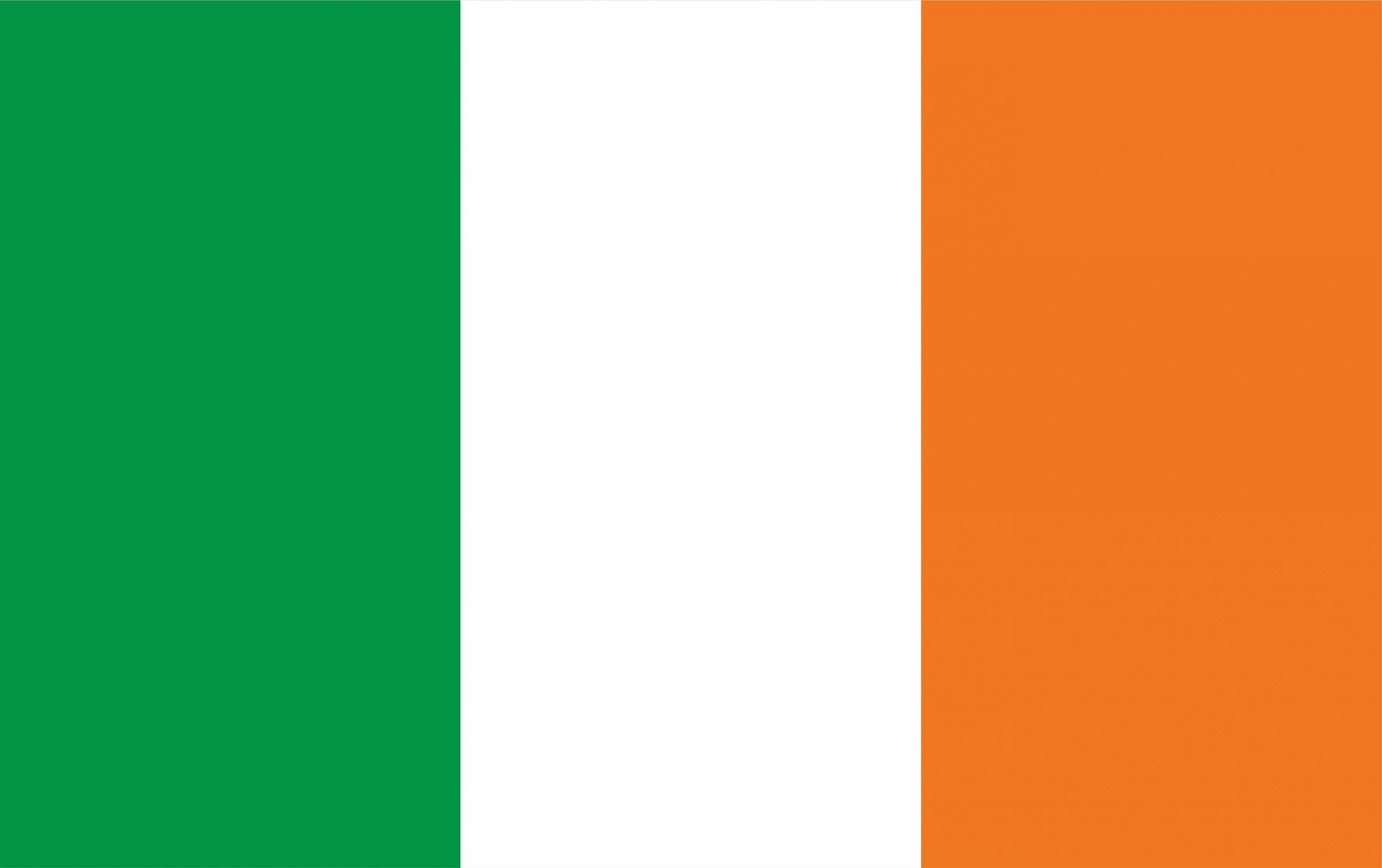Effective January 1, 2020, changes will take place in the Irish Employment Permit System to address immediate labor shortages in key sectors such as hospitality, construction, health and road haulage.
What Are the Changes?
- All chef grades are now eligible for an employment permit, and the occupation will no longer be subject to quotas.
- All nurses can now qualify for a Critical Skills Employment Permit – which brings immediate family reunification, broad access to the Irish labor market for family members, and a fast track to long term residency after two years.
- Most professional occupations in the construction sector can now qualify for a Critical Skills Employment Permit. Technician and construction support occupations – such as Foreman, Architectural Technician and Construction Safety Officer – can qualify for General Employment Permits.
- Other changes include an increase of the quota for HGV drivers by 200.
Also effective 1 January, the following previously-announced changes will affect Critical Skills Employment Permits and the Labour Market Needs Test:
- The minimum salary threshold for Critical Skills Employment Permits will increase from €30,000 to €32,000 where the position is on the Critical Skills Occupations List and where the candidate has a relevant degree or higher.
- The minimum salary threshold for Critical Skills Employment Permits will increase from €60,000 to €64,000 for all other positions (other than those on the Ineligible Categories of Employment for Employment Permits).
- The time period for advertising a vacancy with the Department of Employment Affairs and Social Protection (as part of the Labour Market Needs Test) will increase from 14 days to 28 days.
- The Department of Business, Enterprise & Innovation have confirmed that applications submitted up to and including 31 December 2019 will be considered with the existing remuneration thresholds, even if they are processed after 1 January.
Our Advice
Employers who may be effected are encouraged to contact a Wolfsdorf Rosenthal immigration attorney or email the WR Global Immigration team at Global@wolfsdorf.com for case specific advice.


